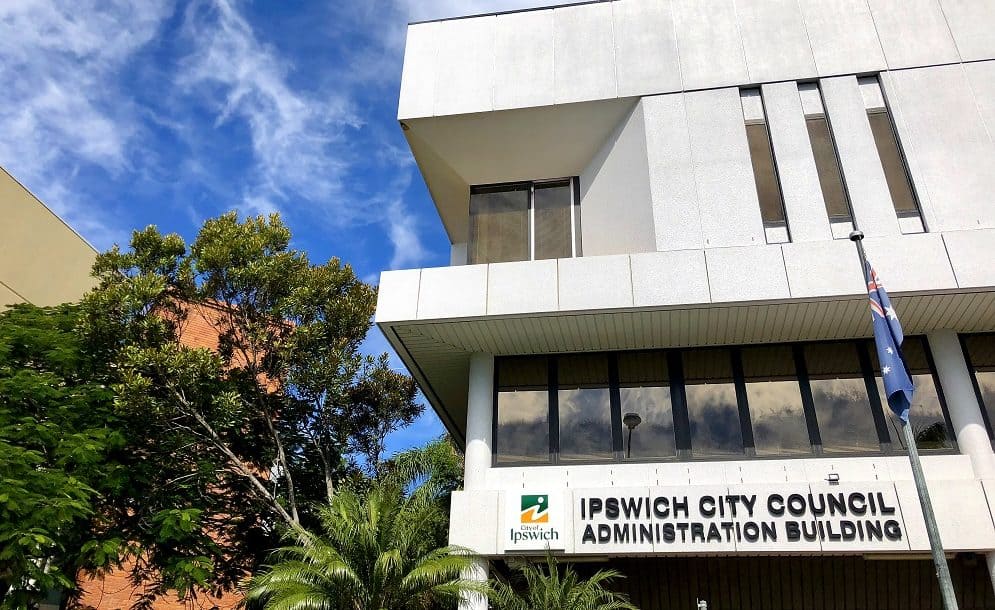
AS PART OF A MISSION TO MAKE IPSWICH CITY COUNCIL AN EXEMPLAR OPERATING MODEL FOR OTHER COUNCILS TO FOLLOW, 18 TRANSFORMATION PROJECTS HAVE BEEN IDENTIFIED AS KEY AREAS FOR REVIEW. TODAY, WE LOOK AT THE FRAUD AND CORRUPTION CONTROL PROJECT AND WHAT THAT MIGHT ENTAIL.
Fraud and corruption within local government – and Ipswich City Council in particular – has certainly grabbed the headlines in the last 18 months.
It was behind the decision of the State Government to remove Ipswich councillors and introduce Interim Administrator Greg Chemello last year to get council back on track before the next elections in March 2020.
One of the 18 transformational projects is to review fraud and corruption, decision making and integrity within council, which is certainly crucial to restore public confidence in Ipswich City Council and the new elected officials.
This project is anticipated to closely align with another, review and implement the risk management framework, and will include:
- A review of the draft amended Fraud and Corruption Plan circulated in May 2018
- Sign-off/adoption of the amended Fraud and Corruption Plan by Committee/Council
- Implementation of any associated activities, i.e. establishment of a Fraud and Corruption Control Group
- Good decision making and actions across the organisation based on local government principles
- The application of ethics (including integrity) principles in decision making and resulting actions to ensure integrity and impartiality, accountability and transparency, the promotion of the public good and a commitment to the system of government
Mr Chemello acknowledged the importance and significance of a new fraud and corruption framework with specific guidelines for staff and councillors.
“It’s obvious to the community that the prevention of fraud and corruption is fundamental to the delivery of good governance,” he said.
“I am strongly focused on ensuring that we have a framework in place that actively discourages fraud and corruption from occurring in the first place.
“If it does occur, we need have leading practice systems and policies in place so these incidents are identified early and are effectively dealt with.
“We have zero tolerance for fraud and corruption and I understand the community expects nothing but the highest level of integrity from their elected officials and council staff.”
One of the key aspects of eliminating fraud and corruption is ensuring good decision making and ethical principles within council.
This includes:
- Identify gaps in council’s approach to the embedding of practices that promote good decision making and ethics principles
- Develop and distribute resources to staff that promote the benefits from and techniques to ensure good decision making and the application of ethics principles
- Develop and undertake training for good decision making and ethics principles (in conjunction with Complaints Management Framework) and the parameters detailed below
- Promote good decision making across the organisation through a decision matrix for staff which includes consideration of the following:
- What is the power which allows the decision?
- Is the power delegated, who is the decision maker?
- Is the decision maker the appropriate person to make the decision?
- What is the appropriate process for the decision?
- What should and should not be considered in making the decision?
- What documentation is required to support and document the decision?
- Is the decision appealable or reviewable?
- Promote decision making and actions in accordance with the five local government principles (Local Government Act 2009 s4) through:
- transparent and effective processes and decision-making in the public interest.
- sustainable development and management of assets and infrastructure, and delivery of effective services.
- democratic representation, social inclusion and meaningful community engagement.
- good governance of, and by, local government.
- ethical and legal behaviour of councillors and local government employees.
- Promote decision making and actions in accordance with the ethics principles through:
- integrity and impartiality.
- promoting the public good.
- commitment to the system of government.
- accountability and transparency.


5
4.5